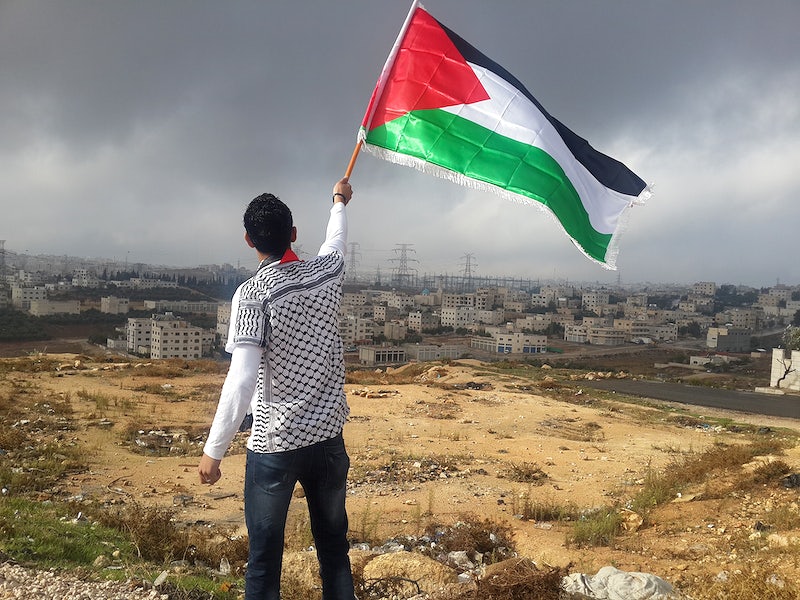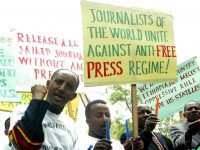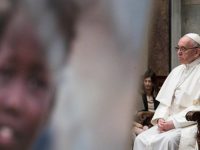A new petition demanding the release of Hisham Kassem in Egypt. Kassem is a journalist,…

Day of Solidarity with the Palestinian People every 29th of November, for not forget
On 29th November 1947, by Resolution 181, the UN General Assembly (UNGA) adopted the Partition Plan of historic Palestine to make room for the creation of the State of Israel (officially proclaimed in May 1948), along with an Arab/Palestinian State. It was a cold shower on Palestinians, who were leaving peacefully in an endowed land, enjoying a high degree of socio and economic development. In 1977, the UNGA called for celebrating the International Day of Solidarity with the Palestinian People every 29th of November.
This year, the UN celebrates this international day with an exhibit titled “Palestine: A Land with People”. The exhibit intends to commemorate the Palestinian Nakba (meaning catastrophe), the traumatic event that befall on Palestinian people, forced to leave their homes and their land to escape killing, and eventually turned into refugees with de facto no right to return, since Israel opposes it. In other words, the Nakba marks the start of the ethnic cleansing of Palestine. Many of those refugees found shelter in the Gaza Strip where they and their descendants are now subject to what many observers call Nakba 2023. The exhibit, inaugurated today and open until 8th January 2024 at UN Visitors’ Lobby in NYC, showcases photographs, videos and art depicting life in Palestine, pre, during and after 1948. The title of the exhibit is particularly significant as it seems to counter the Zionist narrative – interiorised by the mainstream Western culture and history – of the people without land for a land without people, as a means to legitimise the occupation of Palestine.
Focusing on Africa, despite the lack of official celebrations, a group of South African political parties, civil society organisations, trade unions, human rights activists, etc. will march in Johannesburg calling for a permanent ceasefire in Gaza. South Africa is one of the few countries having cut diplomatic ties with Israel to protest against death and destruction in the Gaza Strip.
Heading northward, let’s stop on the Equator, in the capital city of Uganda precisely. Here a spontaneous and heterogeneous group of people have come together in more than one occasion to show solidarity with the people in Gaza and to support the Palestinian Red Crescent Society. The purpose of this mobilisation is also to ultimately raise awareness about the Palestinian plight still unfulfilled, as Palestinian people have not yet attained certain inalienable rights, including national independence and sovereignty. Kampala people are gathering today, 29th November, more than ever as the road toward the lifting of the Israeli occupation and the fulfilment of Palestinian people rights, including by rehabilitating their narrative, is still long and full of obstacles.




